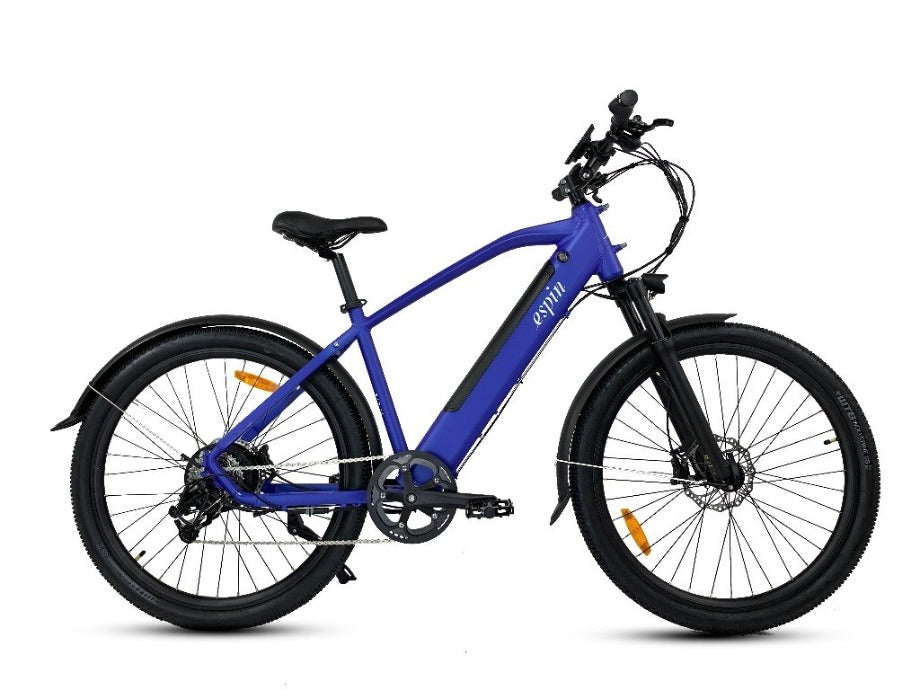ebikenoob20
New Member
I'm ready to buy a new e-bike and I've been wondering how necessary a front fork is. My budget is about $1,500, and after some research I've narrowed my list down to the RadCity, Ride1Up 500 series, and Aventon Pace 500 (which doesn't have a fork). I have on and off again lower back pain--not severe, but bothersome enough that I haven't taken my road bike out more than a few times in the past year and a half. This is the main reason I've decided to get an ebike.
From a features, comfort, and looks standpoint all of these bikes seem similar to me, and my sense is I'd be happy with any of them. Though, the Aventon's lighter weight (49 pounds as opposed to the RadCity's 63) appeals to me because it'd be easier to haul around. Then again, I wonder if the lack of fork on the Aventon may cancel out these gains. Curious to get your thoughts: does a front fork really create a less bumpy ride? Another option, I'm thinking, could be to get the Aventon and then a shock-absorbing seatpost. Or maybe I should get the fork and the special seatpost . . . .
I plan to do most of my riding on the street for errands and touring, with occasional trips on gravel roads and rail trails. For what it's worth, I'm 6'1 with ridiculously long legs.
Any advice would be most appreciated. Thanks so much.
From a features, comfort, and looks standpoint all of these bikes seem similar to me, and my sense is I'd be happy with any of them. Though, the Aventon's lighter weight (49 pounds as opposed to the RadCity's 63) appeals to me because it'd be easier to haul around. Then again, I wonder if the lack of fork on the Aventon may cancel out these gains. Curious to get your thoughts: does a front fork really create a less bumpy ride? Another option, I'm thinking, could be to get the Aventon and then a shock-absorbing seatpost. Or maybe I should get the fork and the special seatpost . . . .
I plan to do most of my riding on the street for errands and touring, with occasional trips on gravel roads and rail trails. For what it's worth, I'm 6'1 with ridiculously long legs.
Any advice would be most appreciated. Thanks so much.


